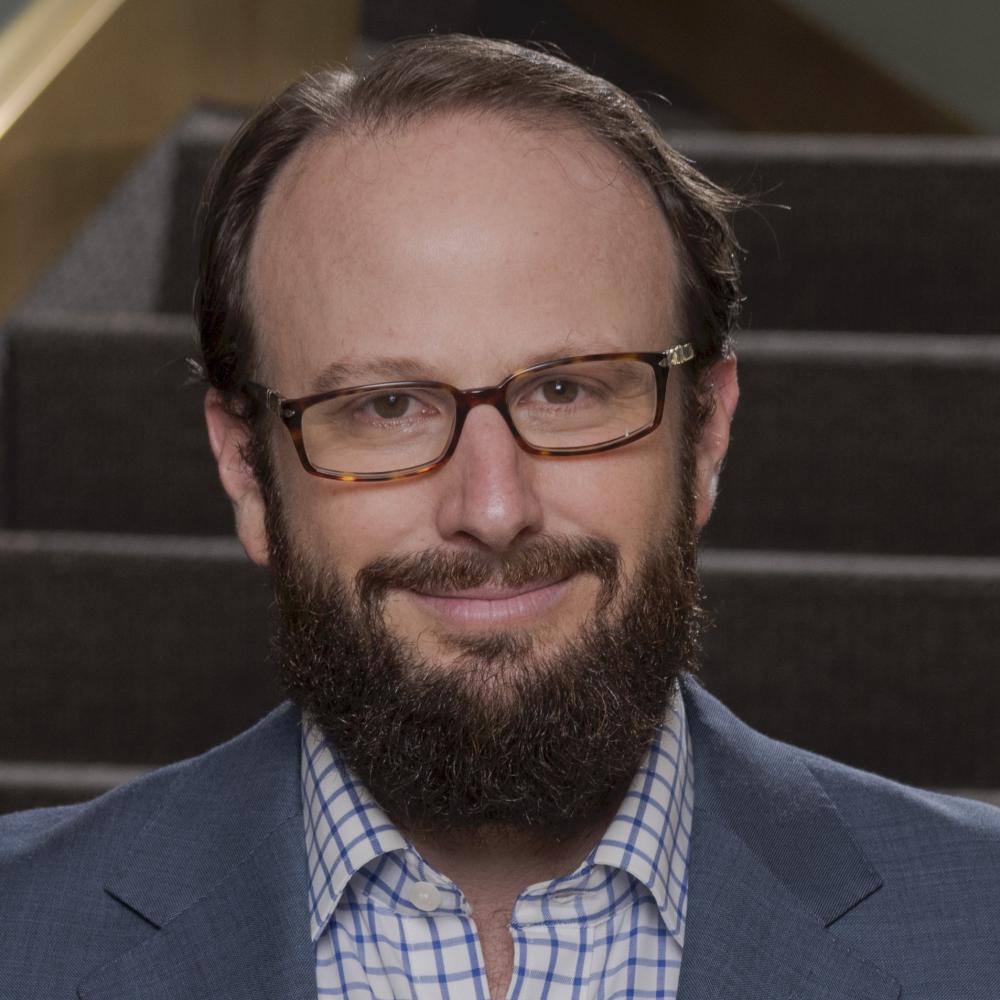
In an age in which consumers are digitally connected, desires are met with a mere click of a button. Humanity is learning the consequences of optimizing output without social responsibility, and the way we capitalize may need to undergo a transformational change.
“It is not from the benevolence of the butcher, the brewer, or the baker, that we expect our dinner, but from their regard to their own interest. We address ourselves, not to their humanity but to their self-love, and never talk to them of our necessities but of their advantages.” Adam Smith effortlessly defines the root of capitalism and its economic power.
But to what extent should a business self-love to generate profit? The state, nation, and world have changed significantly since the Wealth of Nations was written in 1776. Today, businesses are at the mercy of consumers. “Conscious capitalism,” a term coined by Whole Foods CEO John Mackey in his 2013 book Conscious Capitalism: Liberating the Heroic Spirit of Business, has never been more important.
Consumers in the 21st century are increasingly trending towards ethical consumerism and rely less on brands and more on what the company stands for. In the early 2000s, ethically positioned businesses were considered a niche market. Today, conscious consumerism is synonymous with responsible business and is increasing demand for businesses that operate with the aim to achieve a triple bottom line: social, environmental and financial success.
Consumers now demand capitalism to serve not only stakeholders but society and assist in finding solutions to today’s wicked problems. As the gap between the uber-rich and working poor continues to widen, younger generations are strongly reacting against “the system.” A 2018 Gallup poll found that 45 percent of U.S. respondents viewed capitalism positively, a 23 percent decrease from the 2010 poll.
Fighting against “the system” was very prevalent in 2019. Several Fortune 500 companies were forced to listen to their customers and question how their business model could shift to not only maximizing shareholder value but also have a positive social impact. As consumer trust becomes frail and public interest for corporate responsibility increases, businesses are struggling to address the new set of challenges ahead of them.
It’s not just consumers that are driving this seismic change in corporate perspective. Investors are increasingly adding pressure to boards and managers to behave more responsibly. Socially responsible or ESG (environmental social and governance) investment has swelled to over $9 trillion of assets under management. Just as significant, Lawrence Fink, CEO of Blackrock, the world’s largest asset manager has publicly exhorted CEOs of publicly traded companies to commit to social purpose or risk losing investment.
The influential Business Roundtable’s (BRT) decision to redefine the Purpose of a Corporation to serve a variety of stakeholders beyond shareholders seems an obvious yet extremely significant response to these increased pressures. It represents a giant leap in helping find feasible solutions for the interconnected challenges nested within the capitalist world we have built. Executives constantly ask me how to address competing obligations (i.e. growth vs. social responsibility, or customers vs. employees) successfully. The answer lies within the SEER model -- the “both/and” approach. Businesses can compete yet find interconnect values and objectives within the inherent tensions between the goals. Firms must look at the interconnected values and objectives as the key to unlocking creativity and novel solutions, not as a trade-off or an easy “win-win” strategy.
Managers seeking to transform their business into a conscious capitalism business can start with four basic steps.
Seek to unwrap a higher purpose. Your business should aim to do more than making a profit. Executives should question what the company’s mission is and what they provide to customers beyond the service or product they are purchasing. Don’t forget, businesses exist to solve problems and improve lives.
Create and establish a conscious culture. This step begins at the top with a conscious leader. Regardless of the organization size or number of employees, the organization must practice a value-based culture. The 2016 Cone Communications Millennial Employee Engagement Study revealed 64 percent of millennials will not take a job if a company doesn’t have strong corporate social responsibility values and 83 percent would be more loyal to a company that helps contribute to social and environmental issues.
Explore the “new” stakeholder centric purpose. A business that solely focuses on shareholders will have short-term success. But a business that understands the importance of all stakeholders -- employees, customers, community, environment -- reap the economic and social rewards of doing good.
Expand the definition of conscious capitalism. Beyond emulating a few standout companies like Patagonia and Ben & Jerry’s that fully embrace the spirit of conscious capitalism, business should find novel ways of defining success in creating positive impact.
Teaching the butcher, the brewer, and the baker to operate a conscious capitalist business doesn’t mean minimizing profit; rather, it means maximizing value creation for all material stakeholders. If capitalism is to survive this century, it must be redefined to prioritize the self-love of all stakeholders and include an imperative to help society and our planet flourish.
Image credit: Nitish Meena/Unsplash

Robert Bikel is a professor at Pepperdine Graziadio Business School. He's also the director of the Pepperdine's Socially, Environmentally, and Ethically Responsible (SEER) program. He is also an independent strategy consultant specializing in sustainability-oriented businesses.














